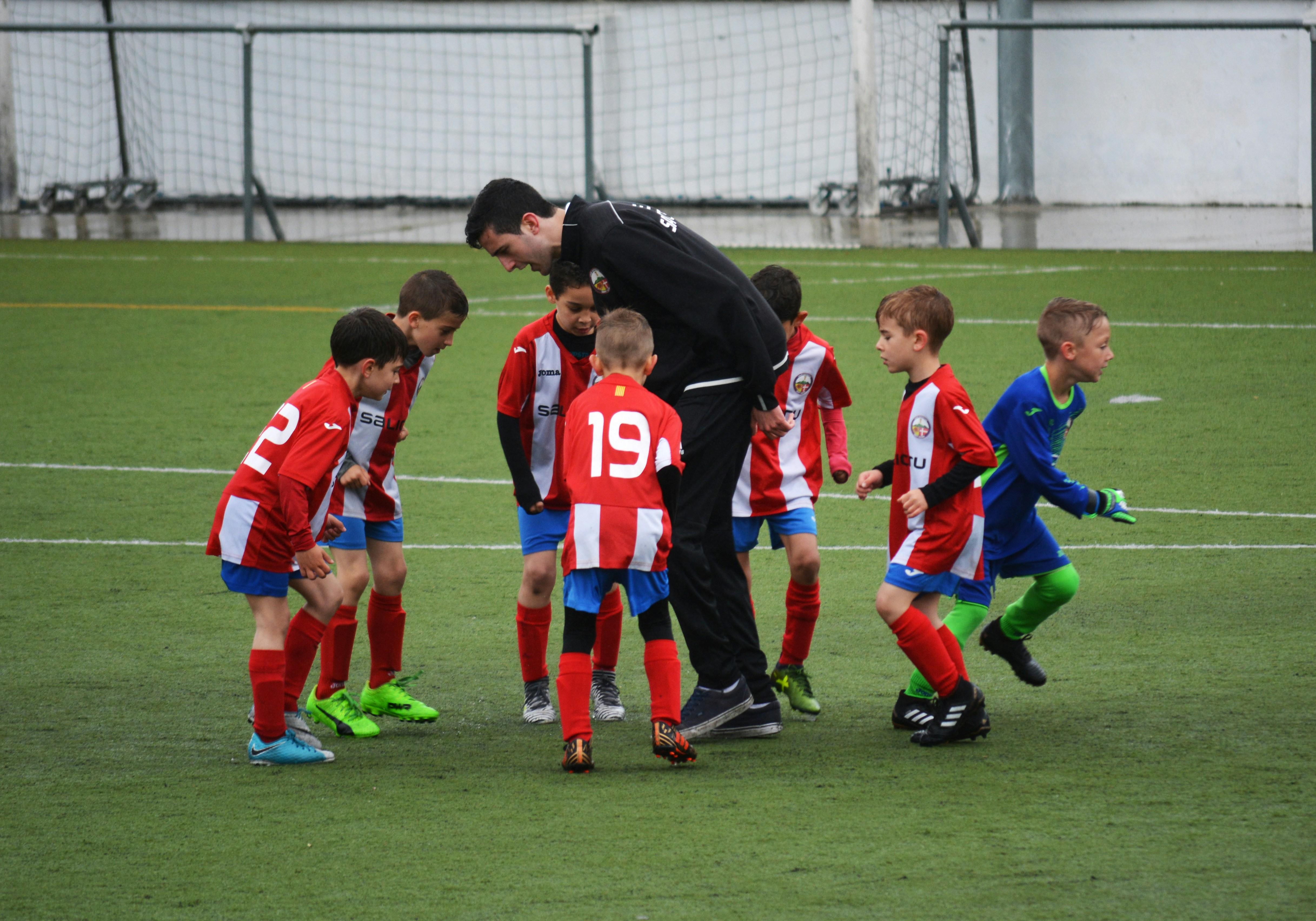Should Owners Ignore Barking to Avoid Reinforcing It

Barking is a natural form of communication for dogs, serving as a means to express excitement, alertness, or even distress. However, when it becomes excessive or disruptive, it can pose a challenge for pet owners striving to maintain a harmonious household. One common approach suggested by trainers and behaviorists is to ignore the barking, with the aim of not reinforcing the behavior. But is this strategy truly effective? This article delves into the intricacies of canine communication and behavior modification, examining whether ignoring a barking dog can help curb the habit or inadvertently exacerbate the issue. By exploring expert opinions and scientific studies, we aim to provide pet owners with a comprehensive understanding of how to address barking in a way that is both effective and considerate of their dog’s needs.
Understanding the Reasons Behind Your Dogs Barking
When it comes to deciphering the reasons behind your dog’s vocalizations, it’s crucial to recognize that barking is a natural form of communication for them. Ignoring it entirely may not always be the best approach. Instead, understanding the context and underlying cause can help address the behavior more effectively. Here are some common reasons why dogs bark:
- Alert or Alarm: Dogs may bark to alert you of potential danger or unusual activity. This is instinctive and often beneficial for home security.
- Attention-Seeking: If your dog barks to get your attention, ignoring them might be appropriate, but only if you’re sure they’re not in distress.
- Fear or Anxiety: Barking can be a sign of stress. Identifying triggers and working to desensitize your dog can be more productive than ignoring them.
- Boredom or Loneliness: Dogs may bark when they are bored or lonely. Ensuring they have enough mental and physical stimulation can mitigate this.
- Playfulness: Barking during play is normal, but if it becomes excessive, redirecting their energy might be necessary.
By determining the reason for your dog’s barking, you can tailor your response to ensure that it does not inadvertently reinforce unwanted behavior. This approach not only helps in managing the barking but also strengthens your bond with your pet.

Identifying Situations Where Ignoring Barking May Be Effective
There are specific scenarios where turning a deaf ear to your dog’s vocal protests can actually be beneficial. Understanding these situations can help you effectively manage your furry friend’s behavior without inadvertently reinforcing it. Here are some cases where ignoring might just do the trick:
- Attention-seeking Barking: If your dog barks to get your attention and you immediately respond, you’re teaching them that barking is a reliable way to get what they want. In this case, consistently ignoring the behavior can eventually lead to its reduction.
- Demand Barking: Similar to attention-seeking, demand barking occurs when your dog wants something specific, like food or a toy. By not giving in to these demands, you communicate that barking isn’t an effective strategy for getting what they desire.
- Excitement Barking: Dogs often bark when they’re overly excited, such as when you come home or when they see another dog during a walk. Ignoring this type of barking, especially if it doesn’t escalate into more disruptive behavior, can help your dog learn to manage their excitement in a more subdued manner.
It’s important to note that while ignoring can be effective in certain contexts, it’s not a one-size-fits-all solution. Evaluate each situation carefully and consider whether other training methods might be more appropriate for your dog’s unique needs.

Implementing Alternative Training Techniques to Address Barking
Addressing a dog’s barking behavior can often require a shift from traditional methods to more innovative approaches. Instead of solely relying on ignoring the barking, owners can explore a variety of alternative training techniques that can be both effective and enriching for their pets.
- Positive Reinforcement: Reward your dog for being quiet with treats or praise. This can help them associate silence with positive outcomes.
- Redirection: When barking begins, redirect your dog’s attention to a toy or activity that they enjoy. This can help divert their focus away from the trigger.
- Desensitization: Gradually expose your dog to the stimulus that causes barking in a controlled manner. This can help them become accustomed to it without feeling the need to react vocally.
- Interactive Play: Engage your dog in games or activities that require concentration and energy, reducing their inclination to bark out of boredom.
By integrating these techniques, owners can create a balanced training regimen that not only addresses the barking but also strengthens the bond with their canine companions.

Evaluating the Impact of Consistency in Response to Barking
Understanding how consistency affects a dog’s barking behavior can be pivotal for pet owners. When considering whether to ignore a dog’s barking, it’s essential to maintain a uniform approach. Inconsistent responses can lead to confusion, making it difficult for dogs to discern which behaviors are acceptable. A consistent strategy can aid in shaping more predictable behavior patterns.
- Positive Reinforcement: Consistently rewarding a dog when they stop barking can encourage quiet behavior.
- Ignoring the Behavior: If ignoring barking is the chosen method, it should be applied consistently across all situations to prevent reinforcing the unwanted behavior.
- Training Sessions: Regular training sessions with a focus on alternative behaviors can provide a structured response to barking.
Each dog’s response to consistent training will vary, so patience and persistence are key. Owners may need to experiment with different techniques to find what works best for their pet while ensuring the method remains consistent over time.



